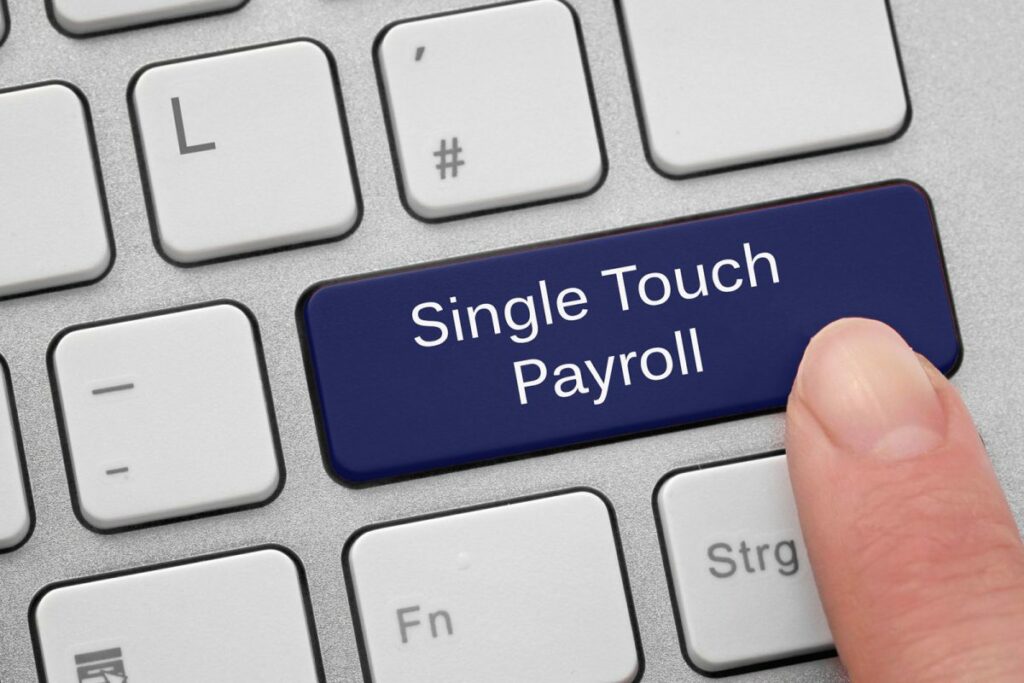Single Touch Payroll (STP), is an Australian Government initiative to reduce employers’ reporting burdens to government agencies.
With STP, you report employees’ payroll information to us each time you pay them through STP-enabled software. Payroll information includes:
- Salaries and wages
- Pay as you go (PAYG) withholding
- Superannuation.
The ATO has made two important announcements in relation to the Single Touch Payroll (STP) system.
A legislative instrument has been released that extends the deadline for phase 2 reporting through STP from 1 July 2021 to 1 January 2022 (i.e., six-month extension).
STP phase 2 will require additional payroll information to be reported to the ATO, which will be subsequently shared with Services Australia and other government agencies.
The ATO also confirmed that small employers will be required to start using STP for Closely Held Payees (an individual directly related to the entity from which they receive payments) from 1 July 2021. That is, no further extension has been granted.
However, the ATO will allow small employers to report payments to closely held payees through STP in three ways:
1. Reporting actual payments in real time
The first option involves small employers reporting each payment to a closely held payee on or before each pay event (essentially using STP ‘as normal’).
2. Reporting actual payments quarterly
The quarterly option involves lodging a quarterly STP statement detailing these payments for the quarter, with the statement being due when the client’s activity statement is due.
3. Reporting a reasonable estimate quarterly
The third option involves reporting broadly in the same manner as the quarterly option referred to above (i.e., a quarterly STP report). However under this option the entity would report estimates of reasonable year-to-date amounts paid to employees. This option is similar in some ways to the PAYG instalment system, with employers potentially subject to penalties if the amounts paid to individuals are under-reported.
It is also important to note that small employers with only closely held payees will have up until the due date of the closely held payee’s individual income tax return to make a finalisation declaration for a closely held payee.
These changes should allow some level of flexibility in relation to determining and making payments to closely-held payees (e.g., directors of family companies, salary and wages for family employees of businesses). However, it will still be important to ensure clients are aware of the new reporting obligations and the necessity for ongoing planning throughout the year, to prevent being caught out at year-end. out at year-end.
If you want more suggestions and seek for assistance about trusts, call BOA & Co. accountants on 02 9904 7886 and our Trust Specialist will be pleased to assist you.

